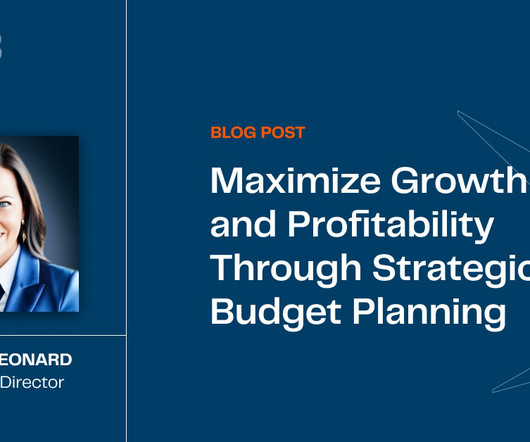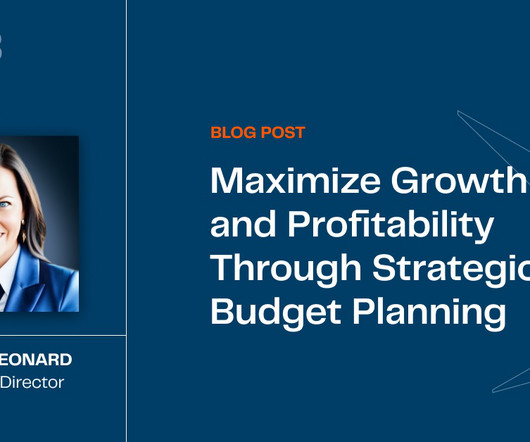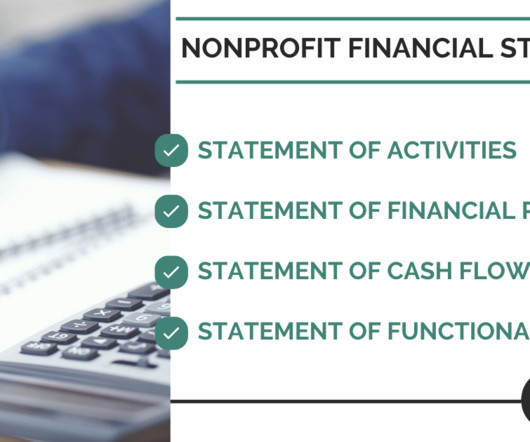4 Types of Budgeting Methods and their Pros and Cons
The Finance Weekly
NOVEMBER 12, 2024
Budgeting —it’s a process that every organization needs, yet it can look vastly different depending on which approach you take. With so many options out there, choosing the right budgeting method can feel overwhelming. With so many options out there, choosing the right budgeting method can feel overwhelming.

















Let's personalize your content